Remembering Synfuels, 35 Years Later IER

Today, synthetic fuel production is synonymous with producing liquid fuel from a mixture of CO and H2 (syngas). Syngas is typically derived from nonrenewable fossil-based resources such as coal and natural gas. Research efforts to use biomass-based materials for syngas production have focused on high biomass feedstock flexibility [6,7].
Synfuels Americas YouTube

These synthetic fuels - also called SynFuels, future fuels or e-fuels - are almost identical in their properties to fossil fuels, but are produced in processes from electricity through. Renewable electricity from wind turbines or solar power is used to split water into oxygen (O₂) and diesel fuel petrol (gasoline), , and other chemical.
Sasol update on Secunda Synfuels Operations M i N M E T
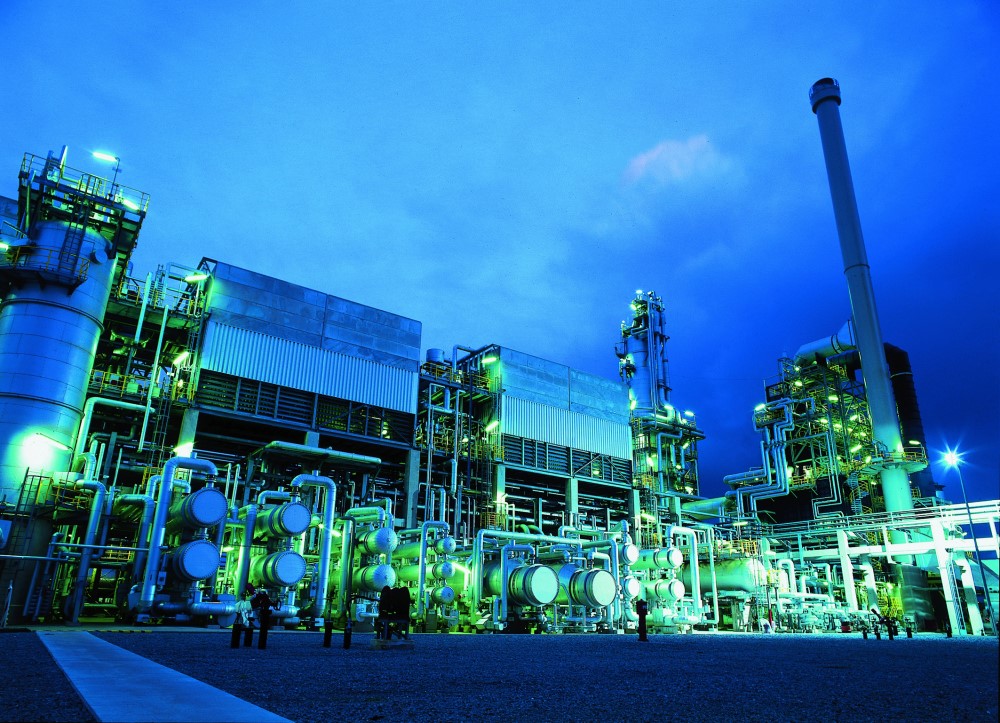
Synthetic fuels, also known as synfuels, are solids, liquids or gases produced artificially by synthesizing a raw material, such as coal, oil shale, or crop residues ().They are used as a substitute or additive fuel in combustion systems or as a feedstock in chemical processes. The principal raw material to be synthesized is coal, which is processed in order to create a solid (coke), a liquid.
Home Swan Hills Synfuels
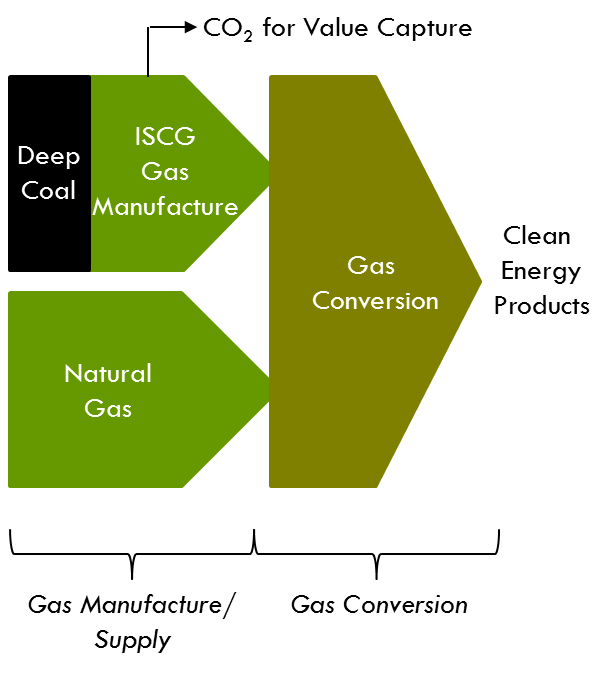
Synthetic fuels, aka synfuels, are just one of the many solutions on the table for solving the developing energy crisis. In this case, though, the term "synthetic" can be misleading. It doesn't necessarily mean the fuels are unnatural or artificial.
Great Plains Synfuels coal gasification plant near Beulah, North Dakota
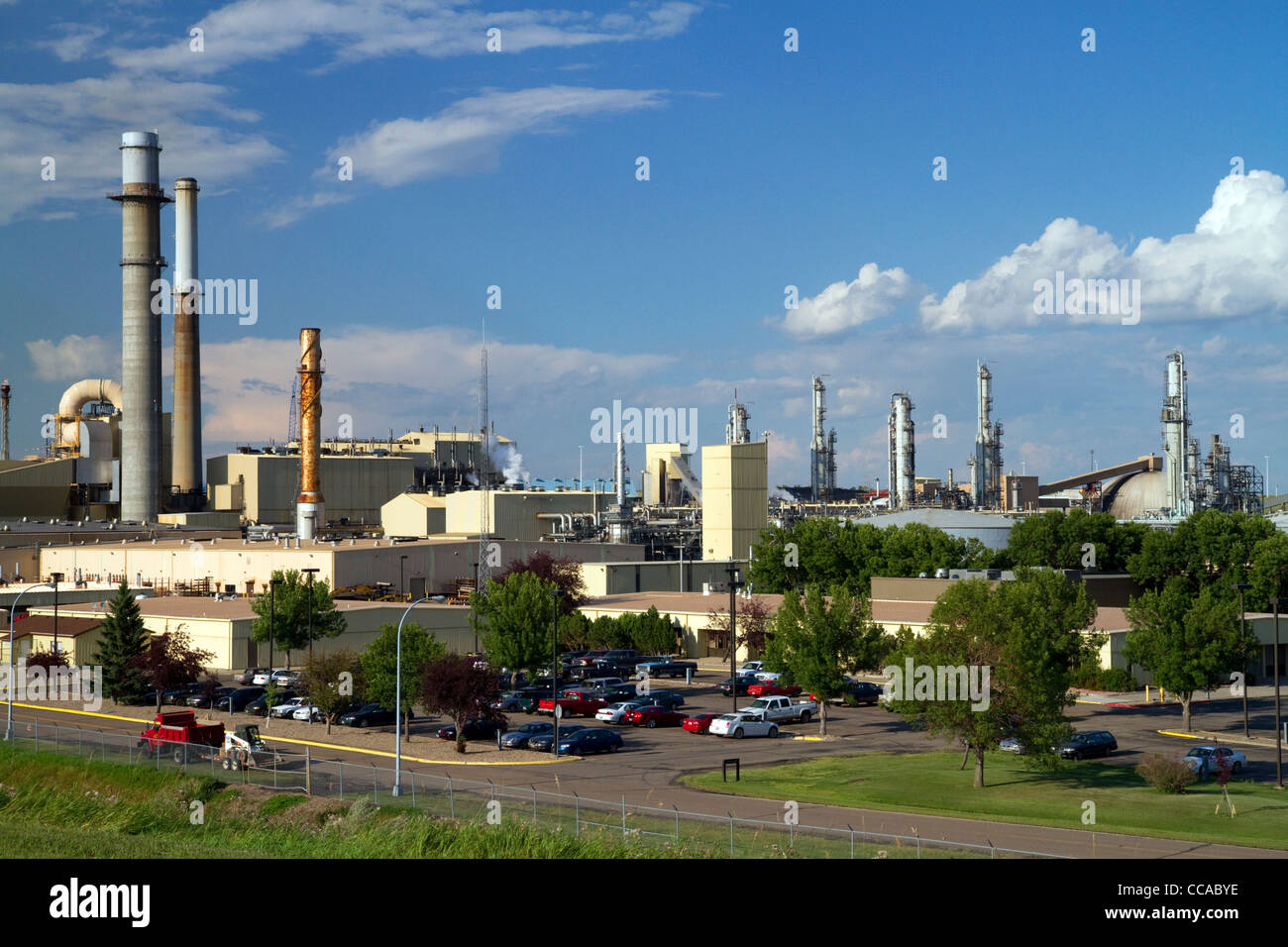
synthetic fuel Renewable/Alternative. a liquid or gaseous fuel derived from a source such as coal, shale oil, tar sands, or biomass, used as a substitute for oil or natural gas. See next page.
Beulah, ND Dakota Gasification Company Great Plains Synfuels Plant
miguel a laguna-bercero. University of Zaragoza. Zaragoza, Spain. Associate Editor. Synfuels. Explores basic, applied and industry-focused research on synthetic fuels, a growing field that addresses the production of sustainable fuels for a future fossil-free economy.
Powering the future with synfuels DW 01/31/2020

Produced by extracting CO2 from the atmosphere in a process known as 'direct air capture' and combining it with hydrogen produced by renewable energy, synthetic fuel (synfuel for short) can be used.
News Syngaschem BV and Synfuels China Technology Co LTD sign contract

Synthetic oil. Ibrahim M. Alarifi, in Synthetic Engineering Materials and Nanotechnology, 2022 7.2 Methods and techniques of synthesizing synthetic oil. Contemporarily, the world is heavily dependent on natural resources to meet the abundant energy requirement. However, there is continuous development in the field of devising the ways and methods to obtain synthetic fuel that are recyclable.
Synfuels Americas
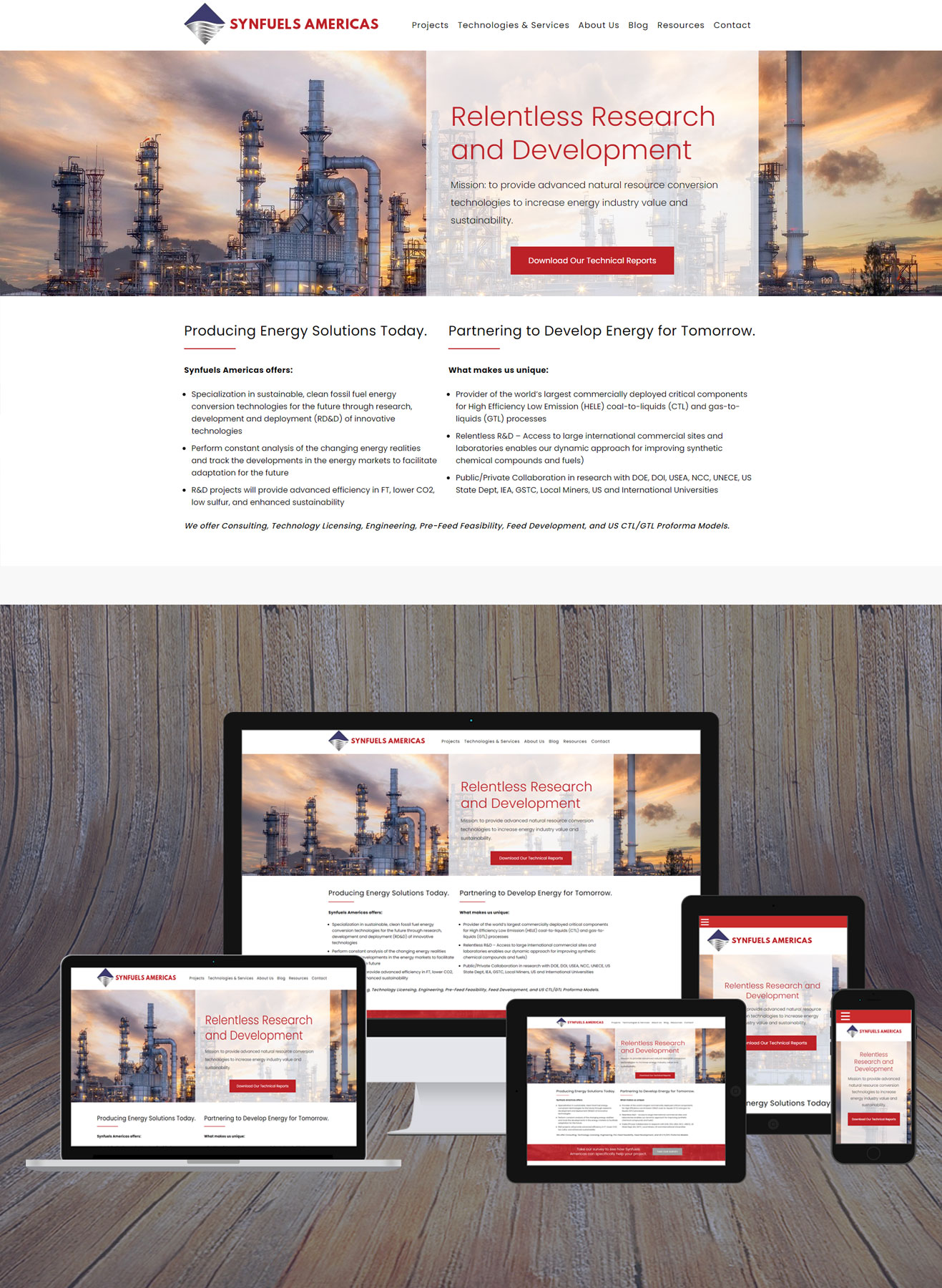
Synthetic fuel is a category of fuels that includes any fuel "produced from coal, natural gas or biomass feedstocks through chemical conversion" [source: U.S. Energy Information Administration ]. These types of fuels are often called Fischer-Tropsch liquids, after the process used to create them.
elusin Highway Lyrics Genius Lyrics

noun syn· fu· el ˈsin-ˌfyü (-ə)l : a liquid or gaseous fuel derived especially from a fossil fuel that is a solid (such as coal) or part of a solid (such as tar sand or oil shale) Examples of synfuel in a Sentence Recent Examples on the Web Sasol's Secunda synfuels operations increased production by 1 percent to a record 7.83 million tons.
Gas to Liquid Coal to Liquid Synfuels Americas

Synthetic fuel or synfuel is a liquid fuel, or sometimes gaseous fuel, obtained from syngas, a mixture of carbon monoxide and hydrogen, in which the syngas was derived from gasification of solid feedstocks such as coal or biomass or by reforming of natural gas .
Highlighting the Allure of Synfuels, Exxon Played Down the Climate

Synthetic fuels are made by a process that was created by humans and does not exist by itself in the "natural world." Hence the term 'synthetic'. All types of modern synthetic fuels are made from.
Sasol Synfuels Office
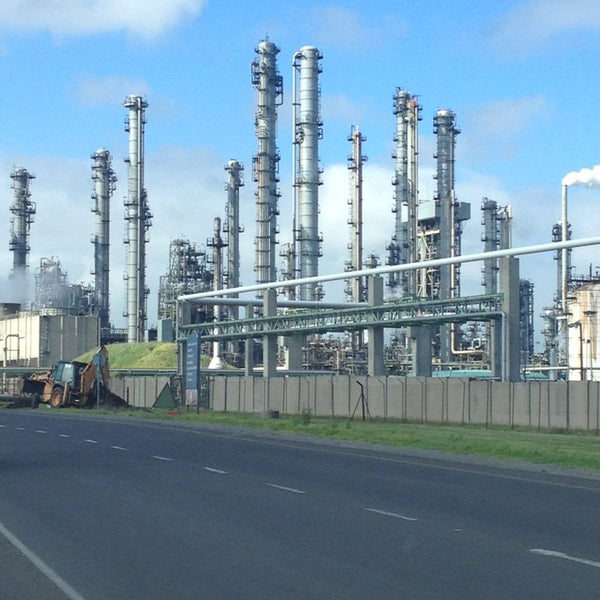
Carbon-neutral synthetic fuels can be manufactured in two ways. The first is using captured carbon dioxide or carbon monoxide from the atmosphere (as Porsche plans) or an industrial process such.
Sasol Synfuels

A common characteristic of many types of synthetic fuels is that they are the product of an energy carrier molecule reacted with hydrogen. As such, several recent articles have referred to fuels originating from carbon dioxide and hydrogen as synthetic fuels 8, 9. Examples include fuels produced from coal-derived syngas or purified biogas (to.
Bakken Energy to convert synfuels plant to produce blue hydrogen as

EXECUTIVE SUMMARY 4 SuSTAINABLE SYNThETIC CARBON BASED FuELS FOR TRANSPORT - POLICY BRIEFING Executive summary The need to achieve net-zero greenhouse gas emissions from all human activities has never been clearer. One area requiring urgent
North Dakota blue hydrogen hub to be operational by 2026 after
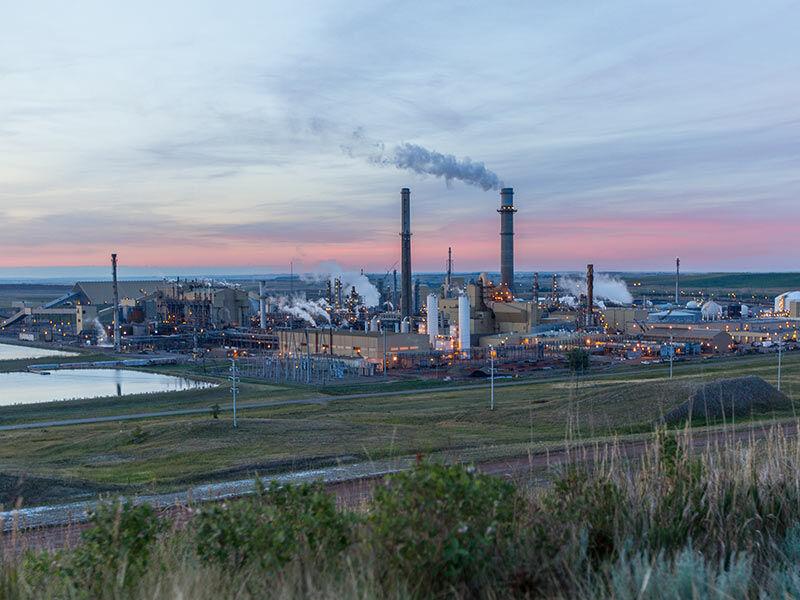
Synthetic fuels - good to know: What needs to happen before synthetic fuels become established? How are synthetic fuels made? How expensive will the new fuel be? What's the difference between synthetic fuels and biofuels? Summary